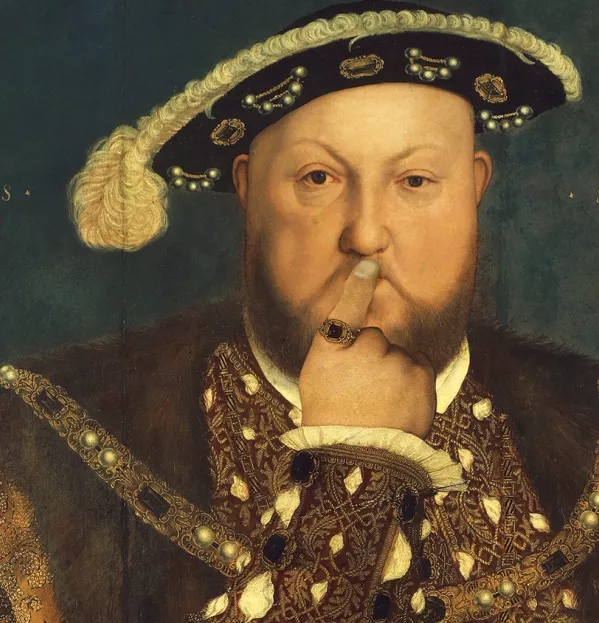When I first started teaching history, the idea of teaching to the exam was more abhorrent than the thought of wheeling in the big telly when Ofsted are in.
Many history specialists have, in the past, tended to view a great GCSE history exam grade as the by-product of a thorough, wide-reaching and comprehensive history education rather than the result of knowing what might be on the test paper.
Today, to succeed at GCSE history, pupils must grapple with four modules covering a 1,000-year period, master the skills to answer at least 12 different types of exam questions, decipher complex primary sources and evaluate historical interpretations.
Yet some of these pupils first arrive in your classroom thinking that Churchill is the nodding dog off the TV adverts.
Successfully getting those pupils to where they need to be is enough of an ask but our job is made harder by history specialists constantly pushing the narrative that teaching explicitly to the exam is wrong. “Never mention the exam,” we are told. “Study the time period, not the specification”; “Only use primary sources to teach.”
I was doing all of that but pupils were going out of my lessons more confused than when they came in.
The final straw came after I watched a former colleague teach a lesson on the Night of the Long Knives to low-attaining Year 10 pupils with nothing but a 32-page booklet of primary sources.
A few weeks later, on the way into a mock exam on life under Nazi rule, one of those pupils asked me: “What are the Nazis?”
Something clearly wasn’t working. It was only when I started at my new school and I spoke to my vice-principal about my fear of teaching to the exam that all became clear.
Initially, I was appalled when he told me to lay out my GCSE medium-term plans so that they were clearly in line with the exam specifications.
“My pupils won’t be good at history if I do it this way,” I told him.
He pointed out that if a pupil gets a grade 9 in GCSE history, then that probably means they are, in fact, good at history.
But what about the real history? I hear you ask. What about the stuff that the exam boards don’t teach?
Teaching to the exam is not perfect. However, after much thought, I’ve concluded that the only victims of “sticking it to the exam board” are the pupils whose life chances rely on you equipping them with the skills to get the grades.
Since September, I have begun to teach explicitly to the test. Through regular low-stakes testing, reviewing and repetition, pupils are beginning to have more confidence in their knowledge.
They can now evaluate an interpretation suggesting the Stresemann reforms were superficial. They can articulate and describe Elizabeth I’s 1559 religious settlement and explain why it was purposefully ambiguous to appease the Puritans. And they all know who the Nazi Party were.
Most importantly, they have built up the skills they need to succeed in their GCSEs and beyond. As it turns out, succeeding at difficult history exam questions does, in fact, make you good at history.
Emma Connolly is head of history and philosophy at Ark Greenwich Free School
This article originally appeared in the 9 July 2021 issue under the headline “Shhh! Don’t tell anyone but I teach to the exam”





